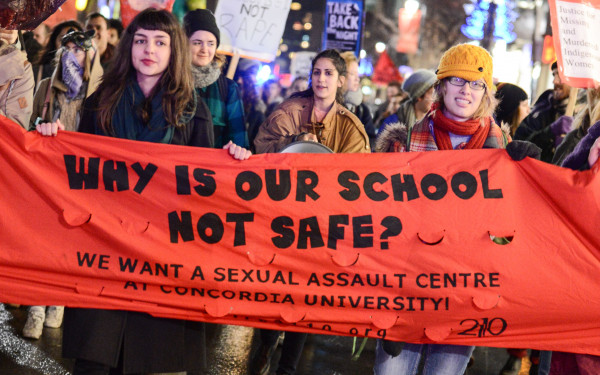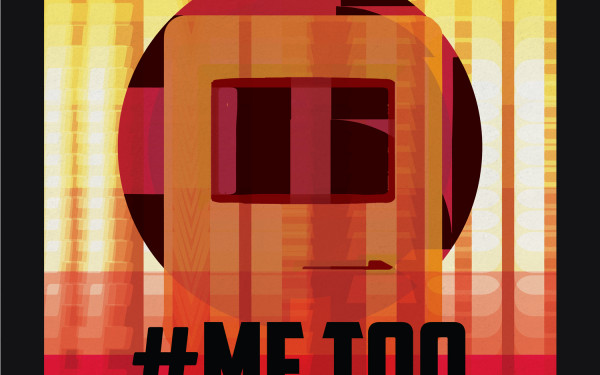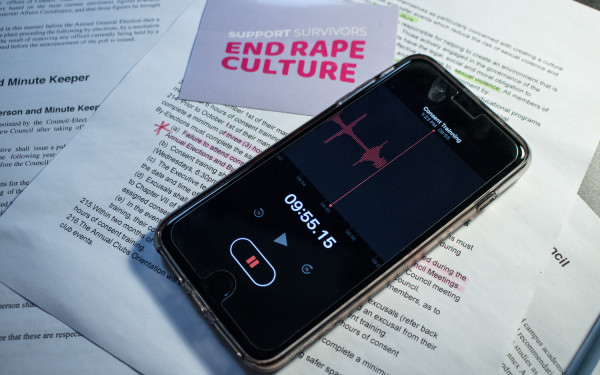How Do We Show Support for a Survivor of Sexual Assault?
Is there a “right” way to show support for a friend in need?
Taylor Swift recently donated $250,000 to pop singer Kesha Sebert, who is currently trying to negotiate her way out of a contract with her longtime producer and alleged rapist, Lukasz Gottwald, also known as Dr. Luke.
According to Swift’s publicist, she made the donation after photos were released from the court hearing where Kesha was denied an injunction. This means Kesha will have to continue to work with Gottwald if she wants to make new music.
This devastating blow has been met with tons of support from powerful women in the music industry, including Adele, Lady Gaga and Kelly Clarkson. Swift’s handout, however, has been the most sizeable contribution and one that many have commended her for—except Demi Lovato, that is.
Lovato sent out several tweets attacking Swift’s donation, including one that reads “Take something to Capitol Hill or actually speak out about something and then I’ll be impressed.”
Obviously, Lovato disagrees with Swift’s decision to quietly lend her support instead of releasing a verbal statement that could reach her millions of followers, most of whom are young girls.
This, then, raises several questions: which is most effective when trying to support a friend? A tweet? A donation? A statement?
And just because it is the most effective, does that make it the only way?
“There is a history of the music industry being riddled with abuses of power,” said Kimberley Manning, principal of Concordia’s Simone de Beauvoir Institute. “Mutual support is important, but we need to look at the structures that allow this to happen in the first place.”
Manning brought up a similar case unfolding at the University of California, Berkeley School of Law, where Dean Sujit Choudhry, was recently put on indefinite leave for repeatedly sexually harassing his executive assistant. He ultimately resigned the position, but remains on staff as a professor.
“These are similar structures where power is being abused,” Manning said. “This is not the 1960s Mad Men era—this should not be happening in 2010, 2014, and especially not in 2016.”
Another comparable case is one that occurred at Concordia last spring, when student and former Arts and Science Federation of Associations executive, known only as “Mei-Ling,” filed a complaint with the Human Rights Commission after she experienced sexual harassment and racial discrimination from two male colleagues.
Mei-Ling was encouraged by her peers to stay silent, and when she did speak up, she didn’t get quite the reaction she was expecting.
“The saddest part is that the people I did tell, and I did tell people around me that this was going on, they totally ignored it,” she said.
Instead of ignoring it, Mei-Ling reached out to the Centre for Research-Action on Race Relations in Montreal. CRARR helped Mei-Ling reach a settlement with ASFA. Along with an official apology, she received an undisclosed amount from the student association.
For all these cases, action needs to be taken.
Rather than focusing on how we support one another, Manning would like to shift the conversation to how sexual and racial violence is approached.
“This whole issue reinforces that we, as a society, need to create new ways of addressing sexual assault and violence against women,” she said.
In Kesha’s situation, she needs the money in order to keep her legal battle going, so Swift’s generosity is probably appreciated. Meanwhile, Lovato’s criticism does little to help Kesha, but instead makes her seem unappreciative of alternative forms of help.
For Mei-Ling, receiving public support was positive on top of an undisclosed settlement, and comparing both cases demonstrates that all kinds of aid should be welcomed.
Instead of condemning each other for how we reach out to help, we should be encouraging each other to show support in anyway that we can, while focusing on, as Manning said, the way in which we speak about gender, age and racial violence.





_600_375_90_s_c1.jpg)
